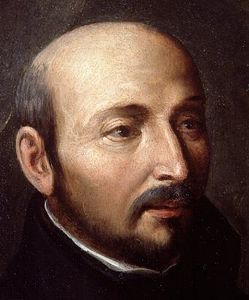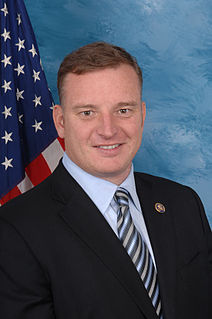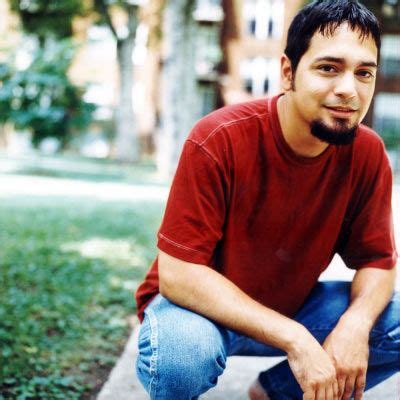A Quote by Ignatius of Loyola
Just as the commander of an army pitches his camp, studies the strength and defenses of a fortress, and then attacks it on its weakest side, in like manner, the enemy of our human nature studies from all sides our theological, cardinal, and moral virtues. Wherever he finds us weakest and most in need regarding our eternal salvation, he attacks and tries to take us by storm.
Related Quotes
Just as meekness is in all our virtues, so is pride in all our sins. Whatever its momentary and alluring guise, pride is the enemy, "the first of the sins." One reason to be particularly on guard against pride is that "the devilish strategy of Pride is that it attacks us, not in our weakest points, but in our strongest. It is preeminently the sin of the noble mind." Not only of the noble mind, but also of the semi-righteous.
We have learned that terrorist attacks are not caused by the use of strength; they are invited by the perception of weakness. And the surest way to avoid attacks on our own people is to engage the enemy where he lives and plans. We are fighting that enemy in Iraq and Afghanistan today so that we do not meet him again on our own streets, in our own cities.
It is the basic principle of spiritual life that we learn the deepest things in unknown territory. Often it is when we feel most confused inwardly and are in the midst of our greatest difficulties that something new will open. We awaken most easily to the mystery of life through our weakest side. The areas of our greatest strength, where we are the most competent and clearest, tend to keep us away from the mystery.
Unlike previous wars, our enemy now is a stateless network of religious extremists. They do not obey the laws of war, they hide among peaceful populations and launch surprise attacks on civilians. They have no armed forces per se, no territory or citizens to defend and no fear of dying during their attacks. Information is our primary weapon against this enemy, and intelligence gathered from captured operatives is perhaps the most effective means of preventing future attacks.
What I learned in Guinea is that we are all responsible for the state of our world. The world - and the system by which we trade, share, cooperate and conflict - is clearly not working. We are only as strong as our weakest members. UNICEF is run at every level by strong, relentlessly energetic, deeply capable people who use that strength, energy and capability to help those who need it most: the weakest, most disadvantaged women and children of our world. All I can do now is help make people aware of what is happening, of what they are doing. That is all that I can do. For now.
As the strongest faith may be shaken, so the weakest, where truth is, is so far rooted that it will prevail. Weakness with watchfulness will stand, when strength with too much confidence fails. Weakness, with acknowledgement of it, is the fittest seat and subject for God to perfect His strength in; for consciousness of our infirmities drives us out of ourselves to Him in whom our strength lies.
Our studies will be forever, in a very great degree, under the direction of chance; like travelers, we must take what we can get, and when we can get it - whether it is or is not administered to us in the most commodious manner, in the most proper place, or at the exact minute when we would wish to have it.
The realization of our soul has its moral and its spiritual side. The moral side represents training of unselfishness, control of desire; the spiritual side represents sympathy and love. They should be taken together and never separated. The cultivation of the merely moral side of our nature leads us to the dark region of narrowness and hardness of heart, to the intolerant arrogance of goodness; and the cultivation of the merely spiritual side of our nature leads us to a still darker region of revelry in intemperance of imagination.
Nothing can tend so much to humble us before the mercy and justice of God as the consideration of His benefits and our own sins. Let us, then, consider what He has done for us, and what we have done against Him; let us call to mind our sins in detail, and His gracious benefits in like manner, remembering that whatever there is of good in us is not ours, but His, and then we need not be afraid of vainglory or of taking complacency in ourselves.
A human encounter with holiness is devastating. It refuses to allow us to be impressed with the things of the world we’ve been chasing. It refuses to allow us to remain comfortable in our sin. It refuses to allow us to remain on the throne of our lives. And it leads us to a relationship with the only One who can perfectly love us, who can forgive all our sins, and who can make us into His likeness. Our encounter with His holiness is our devastation. And our devastation is our salvation.
Let us, then, take our compass; we are something, and we are not everything. The nature of our existence hides from us the knowledge of first beginnings which are born of the nothing; and the littleness of our being conceals from us the sight of the infinite. Our intellect holds the same position in the world of thought as our body occupies in the expanse of nature.
































